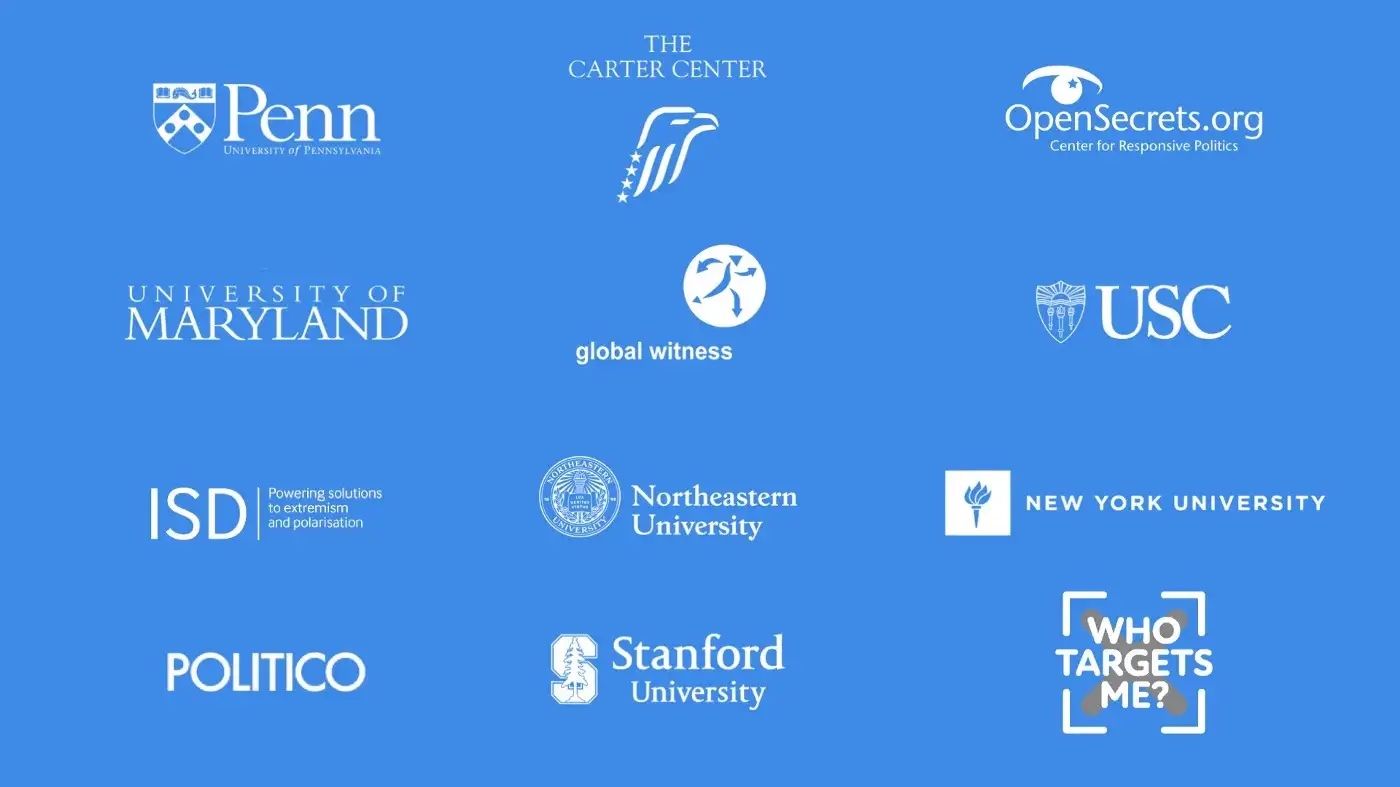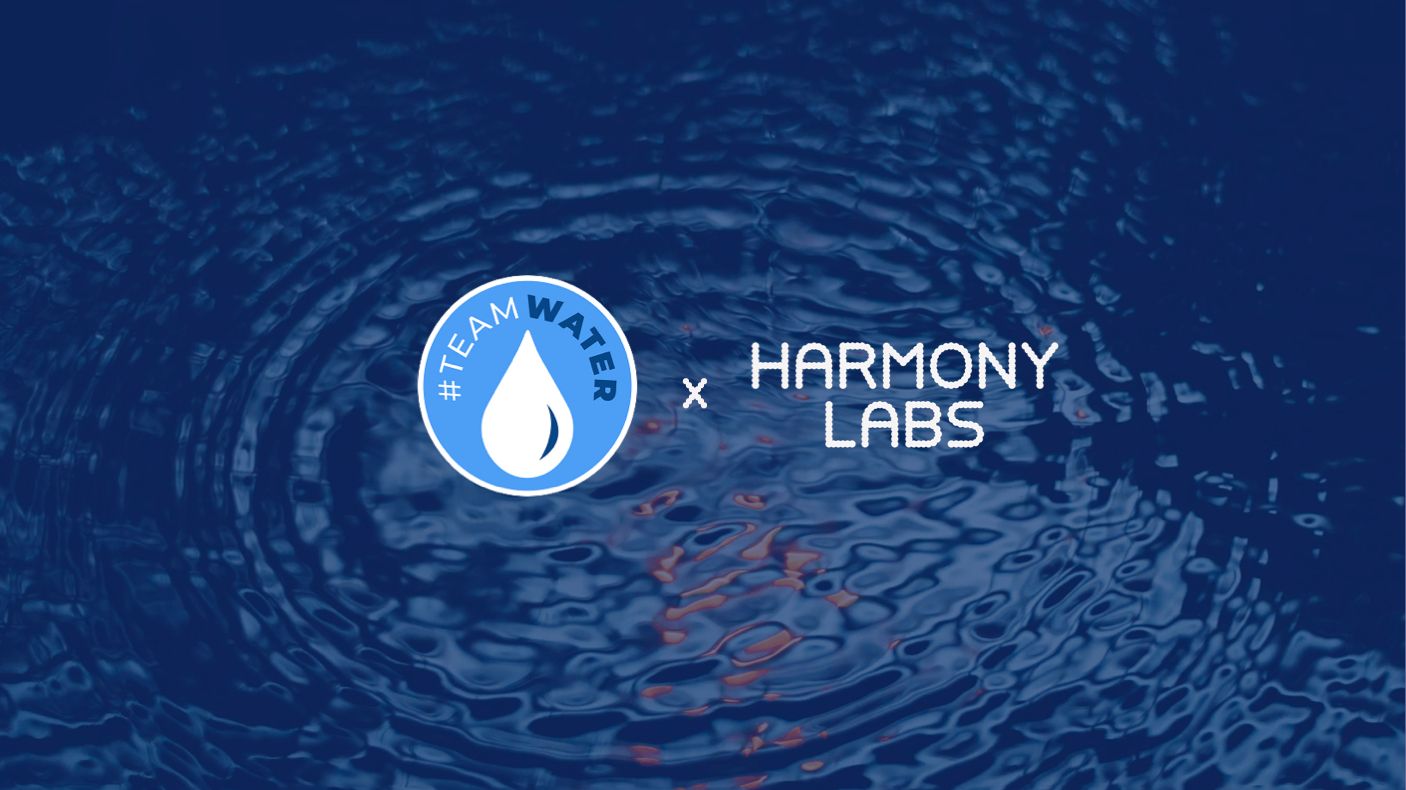Four Principles For Building Power in Media


2020-11-10
Complex questions continue to challenge our understanding of media systems and their influence on politics, society, and culture. What’s media’s role in shaping the deep cultural narratives that condition public understanding? How do these narratives constrain public capacity to address critical social issues, like poverty, the climate crisis, or immigration reform? How are narratives formed and how can they be tracked computationally?
As we pursued answers to these questions over the last few years, it became increasingly clear that existing approaches and infrastructure were not meeting the needs of the research community. In 2019, we started the Harmony Labs Research Network.
The core of this network is a community of research and practice and a unique data platform that includes reliable access to proprietary and hard-to-get data sets, state-of-the-art analytical capacities, a growing network of developer applications, data and subject matter expertise from our in-house data scientists, and industry-grade data infrastructure and technical support.
With recent expansions of our data offering to include comprehensive online news, TV, and Facebook ad datasets (and more), the number of researchers leveraging this corpus of data to investigate healthy media systems has grown significantly in 2020, too. Here’s what they’re up to.

University of Pennsylvania
University of Pennsylvania
Carter Center
Center for Responsive Politics
University of Maryland
Global Witness
University of Southern California
Institute for Strategic Dialogue (ISD)
Northeastern University
Northeastern University
New York University
Politico
Stanford University
Who Targets Me
The work underway by these groups has the potential to unlock important insights about the mechanics of media influence and help inform the design of healthier media systems in the future. We’re looking forward to working with each of these groups to ensure their findings have the widest possible impact, ranging from traditional academic outputs to new formats like blogs, websites, and the press. Watch this space for updates.
In the coming months we’re also hard at work sourcing additional data sets that are valuable to these types of research efforts and additional research partners to leverage them in their work. Contact us if that might be you.



